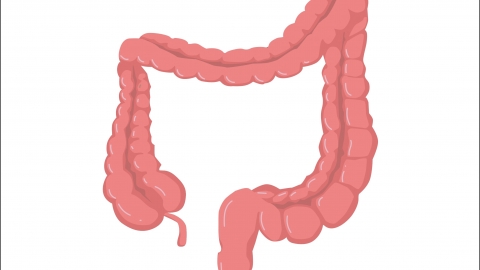What symptoms can colon dialysis alleviate?
Generally, colon dialysis is a treatment method that involves first injecting filtered water into the patient's colon to perform a cleansing enema, then infusing a specialized medicinal solution to adsorb toxins within the body and promptly expel them. Finally, a special traditional Chinese medicine preparation is instilled into the colon and retained there, allowing the colon mucosa to absorb the active ingredients of the medication. Colon dialysis can alleviate symptoms such as edema, nausea and vomiting, abdominal distension, abdominal pain, and skin itching. The specific applications are as follows:

1. Edema
For patients with fluid retention due to conditions such as renal insufficiency, colon dialysis can utilize the semipermeable membrane characteristics of the colon mucosa to remove excess water and sodium ions from the body, thereby reducing symptoms of edema, including lower limb edema, eyelid swelling, and generalized edema.
2. Nausea and Vomiting
When renal failure leads to the accumulation of toxins in the body, the gastrointestinal tract may be irritated, causing symptoms such as nausea and vomiting. Colon dialysis helps eliminate metabolic waste products such as blood urea nitrogen and creatinine, reducing toxin-induced irritation to the gastrointestinal tract, thus alleviating symptoms like nausea and vomiting, improving appetite and digestive function.
3. Abdominal Distension
Constipation and intestinal dysfunction may lead to excessive accumulation of gas and feces in the intestine, resulting in abdominal distension. Colon dialysis can flush the intestinal tract, promote peristalsis, assist in expelling gas and accumulated fecal matter, reduce intestinal pressure, effectively relieve abdominal distension, and provide a sensation of abdominal comfort to the patient.
4. Abdominal Pain
Abdominal pain may be caused by intestinal inflammation, fecal impaction, or toxin irritation. Colon dialysis can remove harmful substances from the intestinal tract, reduce inflammatory responses and intestinal irritation. Additionally, it can improve intestinal blood circulation and functional status, providing relief for abdominal pain caused by intestinal dysfunction or mild inflammation.
5. Skin Itching
In uremic patients, toxins that cannot be excreted normally through the kidneys may be eliminated via the skin, irritating the skin's nerve endings and causing pruritus. Colon dialysis can lower the level of toxins in the body, reduce toxin deposition and irritation on the skin, thereby alleviating skin itching and improving the patient's quality of life.
Prior to undergoing colon dialysis, patients should fully understand its principles, procedures, and potential risks and make decisions under the guidance of a physician. Additionally, colon dialysis is typically used as an adjunctive treatment and may need to be combined with other therapeutic approaches to achieve optimal results.




